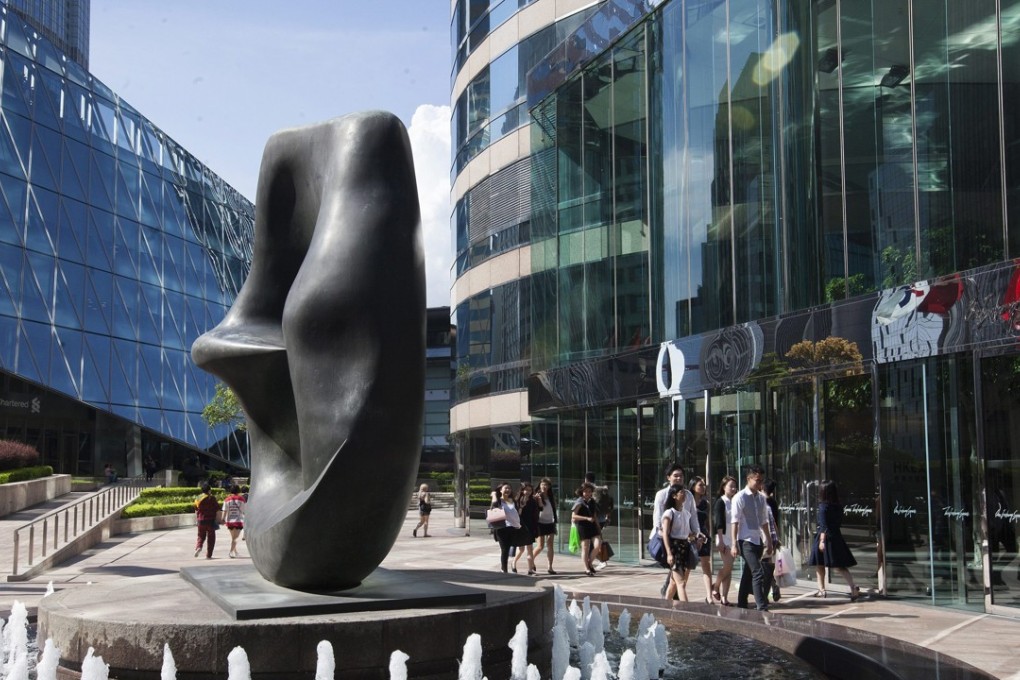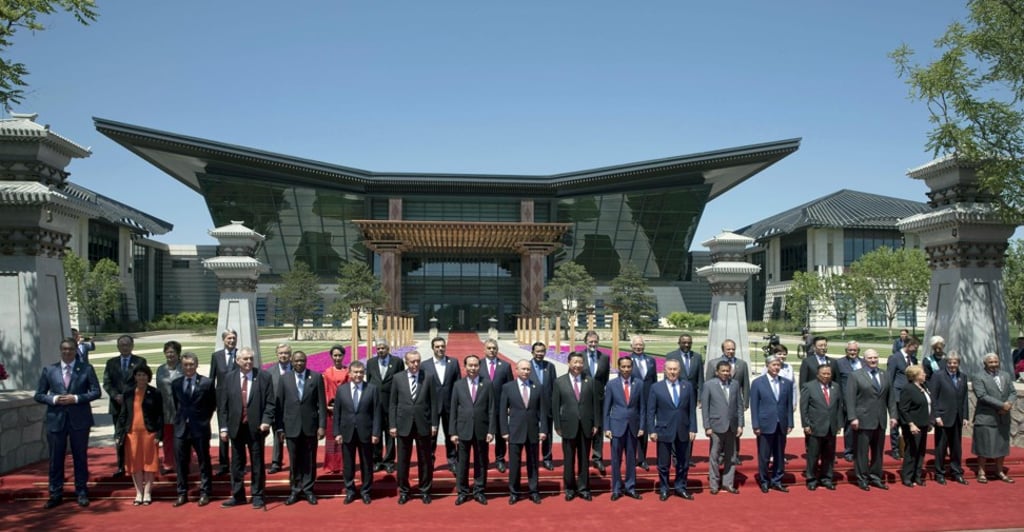Mind the Gap | Opinion: Hong Kong is the ideal location for the Silk Road bank’s treasury

After a week of self-congratulatory praise, China’s concept of the new Silk Road has acquired the status of prophecy.
All the guarded circumlocution and visionary pronouncements now fade away and reveal the real question: exactly what does Hong Kong get for pledging membership and for the HK$1.2 billion, 0.7 per cent stake in the Asian Infrastructure Investment Bank?
Hong Kong Financial Secretary Paul Chan Mo-po welcomed the decision in March. He said Hong Kong’s participation in the bank could generate new opportunities for services in the city, reinforcing its place as an international financial centre. But exactly how this happens has remained a matter of vague speculation.

I hate to represent the segment of ungrateful Hongkongers, but we should ask exactly what Hong Kong will receive for joining the bank as it is not an independent sovereign state like the other members.
After all, Hong Kong’s richest families are running away from the “Belt and Road Initiative” like Superman avoids kryptonite.
